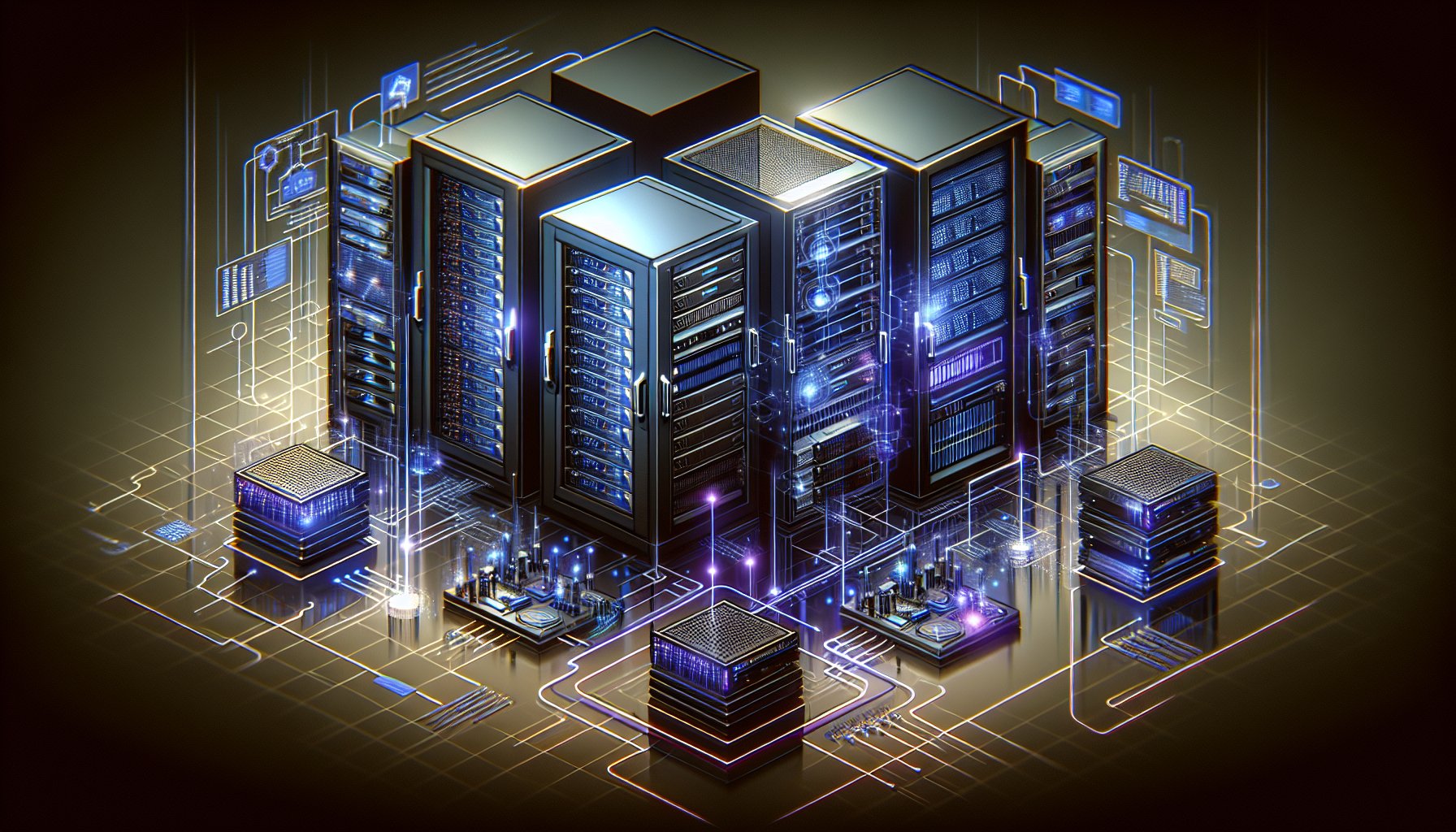Introduction
The world of software delivery is ever-evolving, with DevOps practices at the forefront of this dynamic landscape. In 2025, DevOps continues to revolutionize the IT sector, enabling faster, more efficient software development and deployment. This post will uncover the latest DevOps practices, pioneering trends, and innovative solutions that are driving the industry forward.
Continuous Integration and Continuous Deployment (CI/CD)
CI/CD pipelines are the backbone of modern DevOps practices. They streamline the code delivery process, automate tests, and facilitate rapid feedback loops. CI/CD has evolved to integrate seamlessly with modern cloud services, leveraging machine learning algorithms for intelligent error detection and resolution, and utilizing advanced orchestration tools for smooth deployments.
Consider a code snippet using a next-gen CI/CD tool:
pipeline {
agent any
stages {
stage('Build') {
steps {
sh 'make'
}
}
stage('Test') {
steps {
sh 'make test'
}
post {
failure {
aiErrorDetection()
}
}
}
stage('Deploy') {
steps {
deployToCloud()
}
}
}
}
Infrastructure as Code (IaC)
IaC has revolutionized the way we manage and provision computing infrastructure. It provides a framework for automating setup, improving system reliability, and ensuring configuration consistency. Modern IaC tools support declarative languages and offer enhanced visualization capabilities for better infrastructure management.
Microservices and Containerization
Microservices architecture is an innovative approach that structures an application as a collection of loosely coupled services. It pairs perfectly with containerization technologies, such as Docker and Kubernetes, enabling granular scaling, and easy updates. In 2025, microservices and containerization are integral to DevOps practices, supporting the rapid, reliable delivery of large, complex applications.
Artificial Intelligence and Machine Learning
AI and ML technologies have started to permeate DevOps, automating routine tasks, predicting system anomalies, and enhancing decision-making. AI-powered DevOps, or AIOps, is revolutionizing the way we manage and analyze vast amounts of operational data, improving system reliability and uptime.
Conclusion
DevOps practices continue to evolve, driven by advances in AI, microservices, containerization, and more. By embracing these next-gen practices, IT professionals can enhance efficiency, improve system reliability, and deliver high-quality software at an unprecedented pace. The future of DevOps promises even more innovation and efficiency, and staying current with these trends is crucial for any forward-thinking IT professional.
KEY TAKEAWAYS: - CI/CD pipelines are evolving with advanced error detection and orchestration tools. - IaC is integral for automating setup and ensuring configuration consistency. - Microservices and containerization enable rapid, reliable delivery of large applications. - AI and ML technologies are revolutionizing data management and analysis in DevOps.